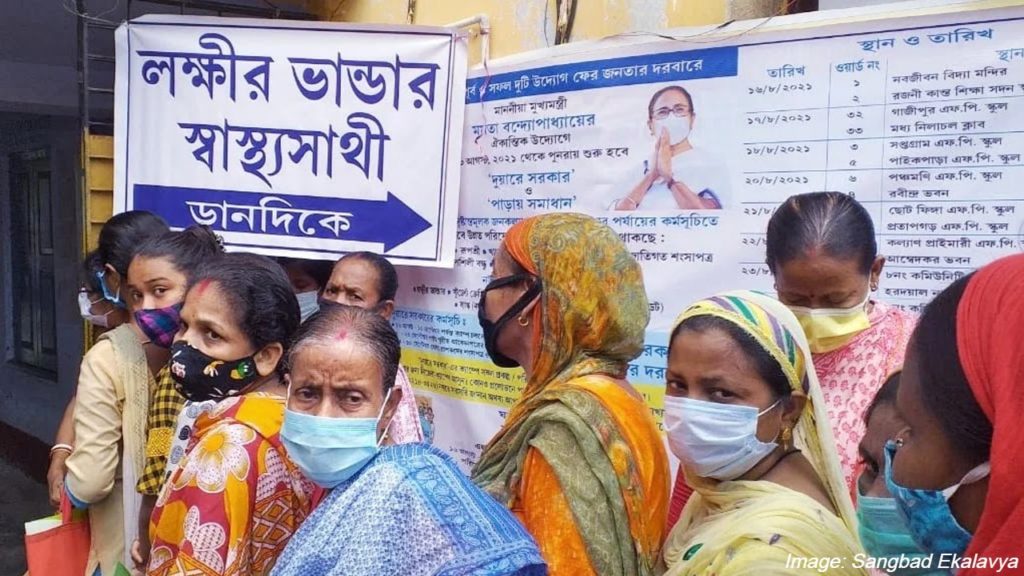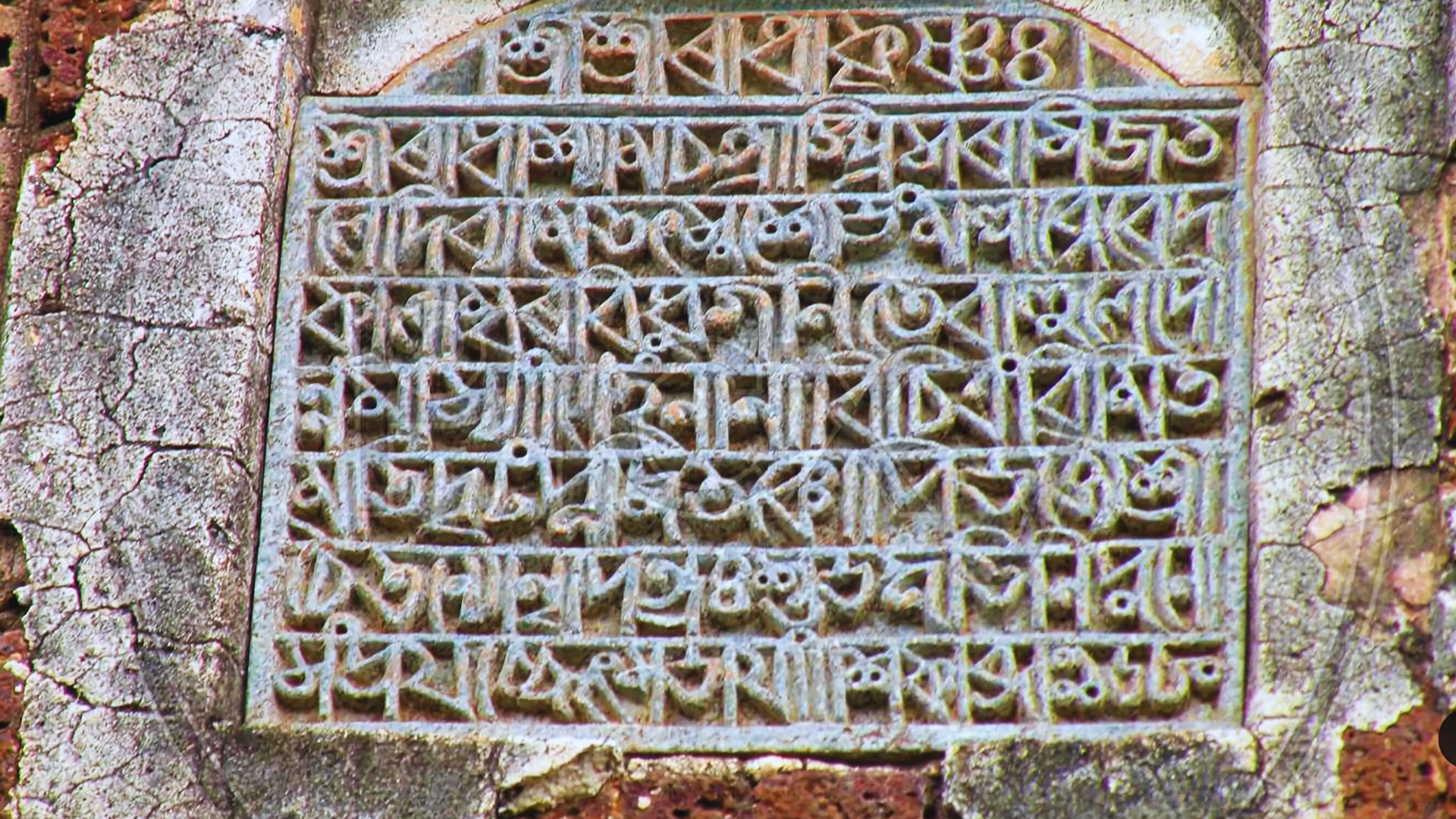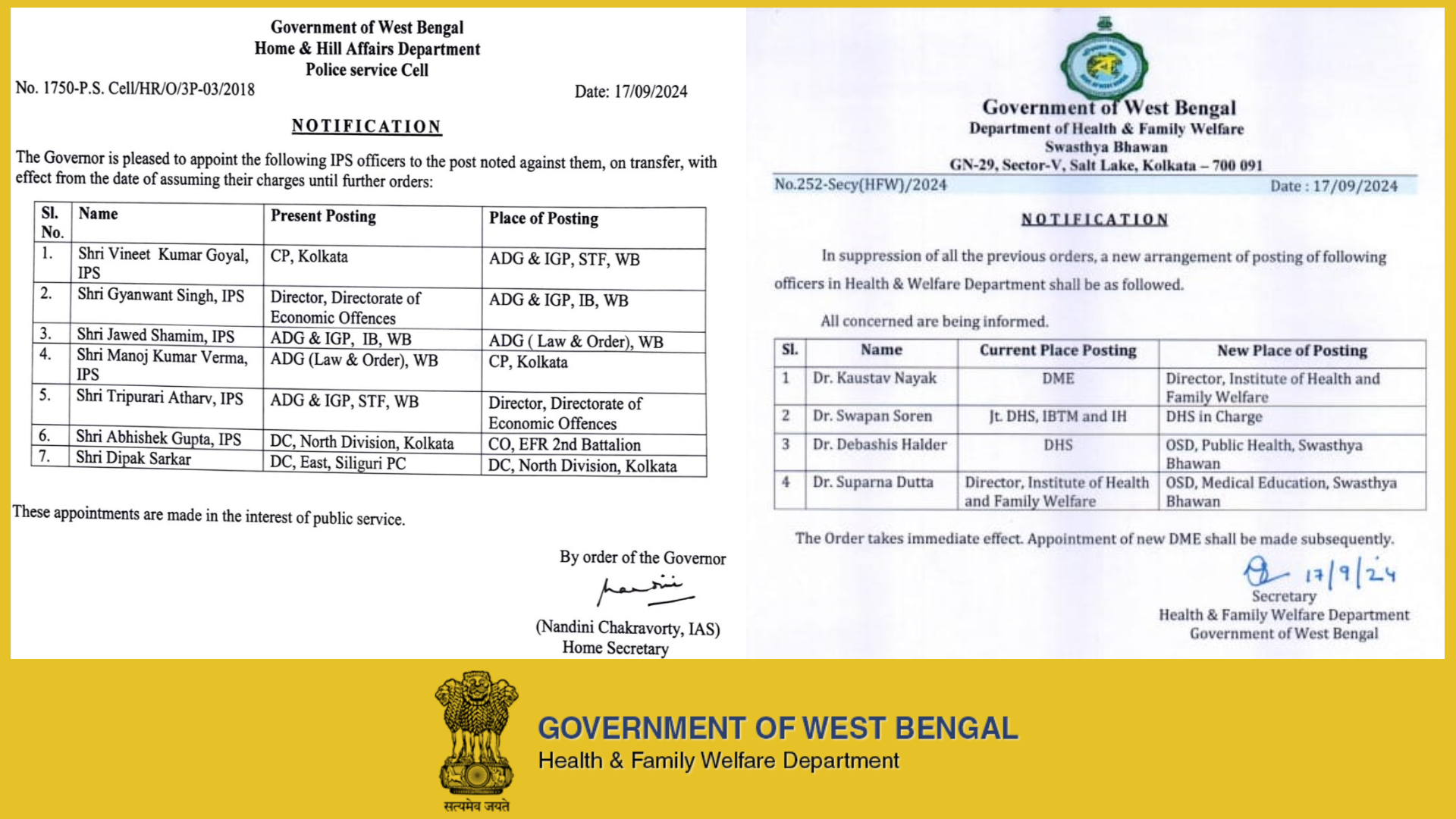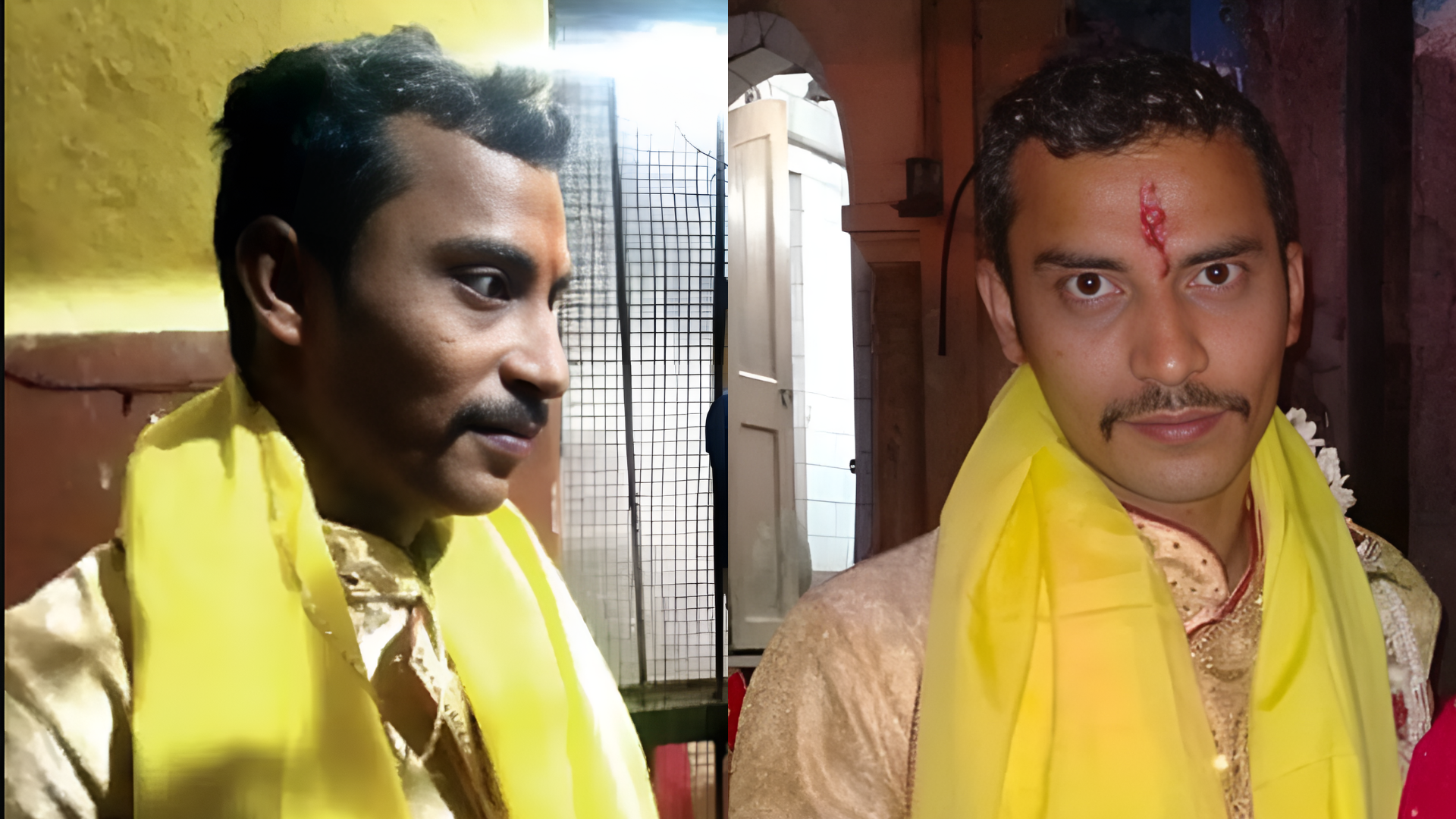Bengal’s social welfare schemes earn World Bank praise, and a US$125 mn loan

The social welfare schemes being run by the Bengal government for the last 10 years have earned it wholesome praise from the World Bank, which was conveyed in a letter recently to the state government, and for further improving the schemes through on-field assessment and other methods, the government has been sanctioned a soft loan of US$125 million.
The World Bank has lauded the Bengal government for the social welfare schemes it has undertaken and as a consequence of the work done, has sanctioned a soft loan of US$125 million for the government’s women’s empowerment and ‘inclusive social protection’ programmes.
The Washington, DC-headquartered World Bank Group, comprising of the two institutions, International Bank for Reconstruction and Development and International Development Association, is the largest source of financial assistance to developing countries.
Earlier too, the bank has engaged actively with the Bengal government, notably for large rural development programmes run by the Panchayats and Rural Development Department.
In a letter, the World Bank said that schemes like Kanyashree (more than 74.90 lakh beneficiaries), Yuvashree (more than 2.2 lakh beneficiaries), Lakshmir Bhandar (more than 1.30 crore beneficiaries), Swasthya Sathi (more than two crore families covered), Student Credit Card and others started by the state government have benefitted the rural populace greatly and have helped improve the livelihood of the people at large.
Presently, around 30 schemes are operational in Bengal that are run fully by the state government. According to state government sources, there are plans to increase that number.
The sources also said that the government is planning to utilise the loan to knit its existing social welfare schemes to address two primary concerns—an ageing population and how to increase women’s labour force participation.
In order to do this, sources said, reputed consultants like PwC, Ernst & Young, Grant Thornton, Sutra Consulting, Ipos Research, GVK, Lochan & Co and Mazars Advisory are being engaged to act as independent verification agencies. They will, through field agents including social researchers, verify data and documents at the field level, hold discussions with stakeholders and give feedback to the state government so that it can make improvements.
Bengal’s proportion of the elderly population is nearly 10 per cent, compared to 9.6 per cent for India in 2019. By 2041, the senior citizens’ share of the state’s population will be 15 per cent.
The women’s labour force participation (LFP) is 16 per cent (of the population of women in the state), which is much below the national average of 23 per cent.
While making policies, coupled with the above facts is to be considered the fact that life expectancy is on the rise in Bengal and women have alife expectancy. And, according to a state government official, Central government data shows that 80 per cent of the elderly women in Bengal are entirely dependent on others. Considering both men and women, old-age dependency is 16.6 per cent in 2021, which will rise to 18.9 per cent in 2031.
The above data has been gleaned from a concept note sent by the state government to the consultancy majors, which was accessed by a media house for its report.







